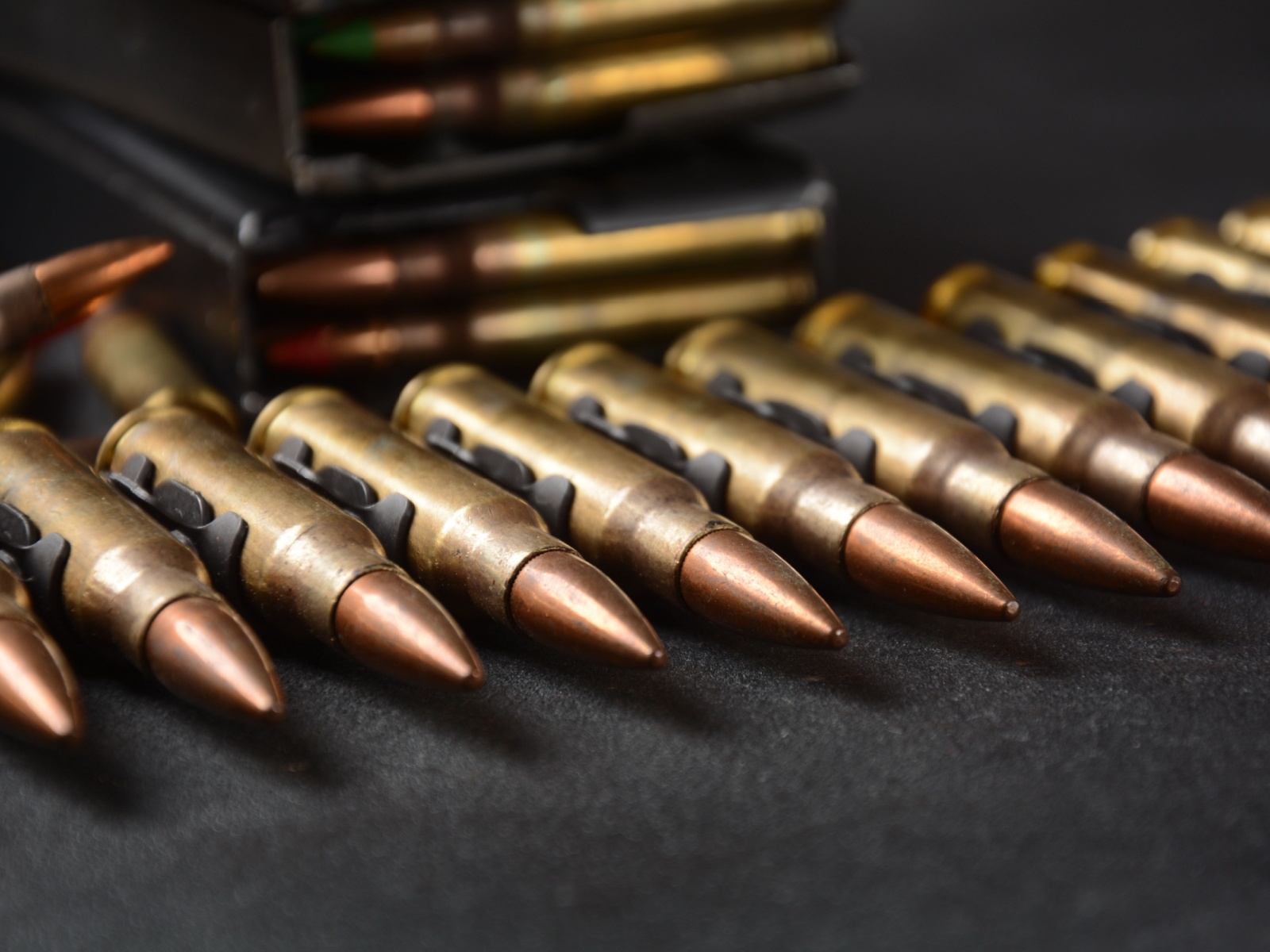MIL-STD-331 Fuze Function Reliability Test
The MIL-STD-331 fuze function reliability test is a critical component of the military’s quality assurance process, ensuring the safety and effectiveness of fuzes used in weapons systems. This standardized protocol ensures that each fuze functions as intended under various conditions to protect personnel and equipment.
Fuzes are essential components of various types of munitions, including artillery shells, guided missiles, and aerial bombs. Their primary function is to initiate the explosive train at a predetermined time or location. Given the lethal nature of these devices, ensuring fuze reliability is paramount for military operations and safety. MIL-STD-331 provides stringent guidelines to verify that each fuze meets the required performance standards.
The test protocol involves subjecting the fuzes to multiple environmental conditions and mechanical stresses to evaluate their resistance and durability. This ensures that the fuzes can function reliably under extreme conditions, such as high temperatures, humidity, and impact forces. The testing process is designed to simulate real-world scenarios where the fuze might encounter harsh environments or stress.
For quality managers and compliance officers responsible for ensuring product integrity, MIL-STD-331 offers a robust framework that aligns with international standards. This test ensures that all fuzes meet strict reliability requirements, which is crucial for maintaining operational readiness and safety in military operations.
The testing process typically involves several stages, including preliminary inspections, environmental conditioning, mechanical stress tests, and functional checks. Each stage is designed to assess different aspects of fuze performance, ensuring comprehensive evaluation. For R&D engineers, this test provides a critical benchmark against which new designs can be validated. The MIL-STD-331 guidelines provide a clear roadmap for achieving consistent results across multiple batches.
When it comes to procurement, compliance with MIL-STD-331 is non-negotiable. Suppliers must demonstrate that their products meet the stringent requirements of this standard. This not only ensures product quality but also fosters trust and reliability between suppliers and military organizations. The testing process also helps in identifying any potential design flaws or manufacturing issues early on, allowing for timely corrections.
The test results are critical for decision-making processes within defense organizations. Reliable fuze function is essential for mission success and safety. Compliance with MIL-STD-331 ensures that the military can trust its suppliers to deliver products that meet the highest standards of reliability and performance.
Applied Standards
| Standard | Description |
|---|---|
| MIL-STD-331 | This standard outlines the procedures for testing fuzes to ensure they function reliably under various conditions. It includes environmental conditioning, mechanical stress tests, and functional checks. |
| ISO/IEC 17025:2017 | International standards that define the requirements for competence of testing and calibration laboratories. |
The MIL-STD-331 is a crucial standard in ensuring fuze reliability, and compliance with this standard is essential for suppliers to military organizations. ISO/IEC 17025:2017 further enhances the credibility of our testing services by ensuring that we meet international standards for laboratory competence.
These standards provide a comprehensive framework for evaluating fuze performance. Compliance ensures that all fuzes undergo rigorous testing, which is critical for maintaining operational readiness and safety in military operations. The combination of MIL-STD-331 and ISO/IEC 17025:2017 provides a robust system for ensuring product quality and reliability.
Scope and Methodology
| Test Parameter | Description |
|---|---|
| Environmental Conditioning | The fuzes are subjected to controlled environmental conditions, including temperature variations, humidity levels, and exposure to salt spray. |
| Mechanical Stress Tests | The fuzes undergo various mechanical stress tests, such as drop testing, vibration testing, and impact testing. |
| Functional Checks | The fuzes are subjected to functional checks to ensure they operate correctly under simulated combat conditions. |
The MIL-STD-331 fuze function reliability test encompasses a comprehensive scope of testing parameters designed to evaluate the performance and durability of fuzes. The environmental conditioning phase ensures that the fuzes are exposed to realistic operational environments, including extreme temperature variations and humidity levels. This helps identify any potential issues related to moisture or thermal stress.
The mechanical stress tests simulate the physical stresses a fuze might encounter during deployment, such as dropping from an aircraft or being subjected to vibrations. These tests are critical for assessing the fuze’s ability to withstand these forces without failure. The functional checks involve simulating combat conditions to ensure that the fuze functions correctly and initiates the explosive train at the correct time.
The testing process is designed to be rigorous, ensuring that only fuzes that meet or exceed MIL-STD-331 requirements are approved for use in military operations. This comprehensive approach guarantees that all fuzes are reliable and safe under various conditions, enhancing operational readiness and safety.
Eurolab Advantages
At Eurolab, we pride ourselves on providing world-class testing services tailored to the unique needs of military organizations. Our MIL-STD-331 fuze function reliability test is conducted in state-of-the-art facilities equipped with advanced instrumentation and expertise.
We have a team of highly skilled engineers and technicians who are well-versed in the latest testing methodologies and international standards. This ensures that our tests are accurate, reliable, and consistent. Our facilities are ISO/IEC 17025:2017 accredited, which guarantees the highest level of laboratory competence.
The testing process at Eurolab is highly customizable to meet specific client requirements. We can adapt our protocols to suit unique test parameters or specimen preparation methods as needed. Our comprehensive reporting ensures that clients receive detailed insights into the results and performance of their fuzes.
Choosing Eurolab for your MIL-STD-331 fuze function reliability testing needs means partnering with a trusted leader in quality assurance. We provide not only accurate test results but also valuable insights that can inform future product development and improvement.





